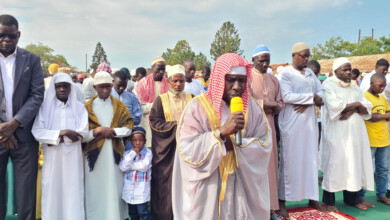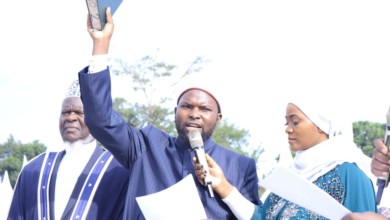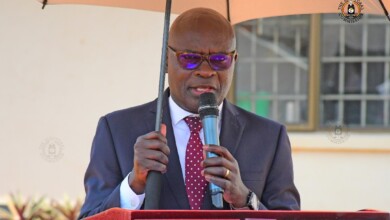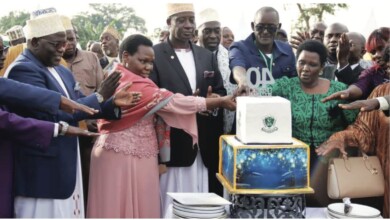National Islamic exams see surge in candidate registrations
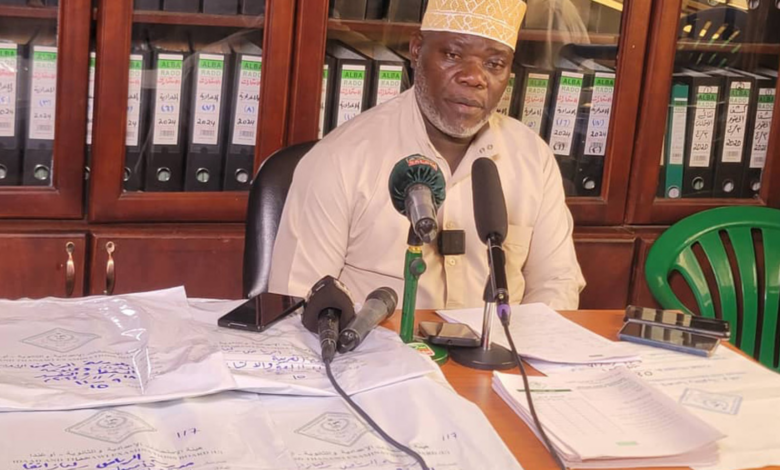
By Jamil Ssekajja
A total of 3,399 candidates began writing their Thanawi (A-level) and Idaad (O-level) Islamic religious examinations on November 18, administered by the Uganda Muslim Supreme Council (UMSC) through the Idaad and Thanawi Examinations Board (ITEB). Additionally, 1,070 candidates registered under the Islamic University in Uganda (IUIU)-managed Uganda National Examination Committee for Idaad and Thanawi (UNECIT) will sit for their exams starting November 25. UNECIT was established by IUIU to set a national standard for teaching and examining students at both Idaad and Thanawi levels.
According to Sheikh Sowed Katumba, ITEB’s deputy secretary, this year’s exams recorded a significant increase in the number of candidates compared to the previous years. For the Thanawi (A-level) exams, 2,622 candidates registered which is 114 more than last year. The Idaad (O-level) exams on the other hand attracted 777 candidates spread at 122 centres countrywide. This reflects an additional 36 Idaad centres this year from last year’s 86 centres.


Dr Abdul-Hafiz Walusimbi, the executive chairman (UNECIT), candidate registrations have risen by nearly 60 percent this year. exams. Last year, 461 candidates sat for the UNECIT exams at both levels. The 1,070 candidates will sit for their exams from 44 centres.
As students prepared for the exams, Sheikh Katumba cautioned teachers and students against engaging in any form of malpractice since the exams are of great significance in the nurturing the next generation of Islamic scholars and leaders.
“This is a pivotal moment for our students and the Muslim community at large. These exams are not just about testing knowledge but also about reaffirming the values and teachings of our faith,” Katumba said.
He noted that there was an increase in the number of candidates compared to the previous year, a development attributed to heightened awareness and improved access to Islamic education.
Katumba cautioned students against engaging in any form of examination malpractice. “Cheating undermines the values of honesty and integrity that Islam stands for. It not only tarnishes the image of the individual but also of our religion,” he stressed.
He called upon teachers, parents, and invigilators to support the students during this crucial period, emphasising the need for students to approach the examinations with a clear mind and a focus on excellence.
“We encourage all stakeholders to create a conducive environment for the candidates. These students are our future, and we must support them in every way possible,” he added.
The UMSC hopes for a smooth and successful process that will further strengthen the foundation of Islamic education in Uganda.
Last year, UMSC asked the Ministry of Education and Sports to consider a Thanawi certificate as a sufficient document for admission to university degree courses. This was based on the argument that the certificates are an equivalent to the Uganda advanced certificate of education (UACE) issued by the Uganda national examinations board (UNEB).
Currently, UMSC considers a Thanawi certificate as the minimum qualification for those seeking to be Mosque Imams.




